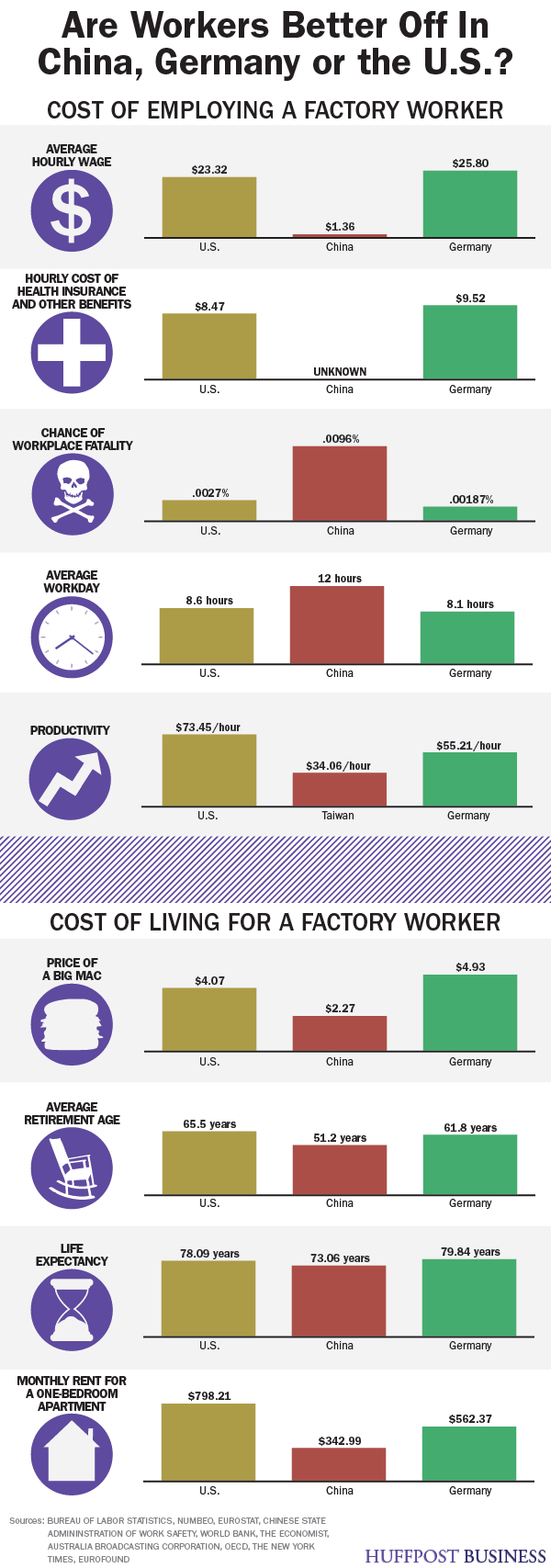Carl Pickens
Well-Known Member
- Joined
- Nov 6, 2006
- Messages
- 43,920
- Likes
- 58,340
Sorry, misunderstood.
I think more than 3 million jobs were lost. Entire industries have vanished. They were originally exported to Mexico under NAFTA, which would have solved the current problem of illegal immigration, but the country was not ready. Once NAFTA failed they then moved factories to China. The failure of NAFTA is the real problem.
No it was my mistake lol.....I mistook your post for one of Huff's.....my bad



